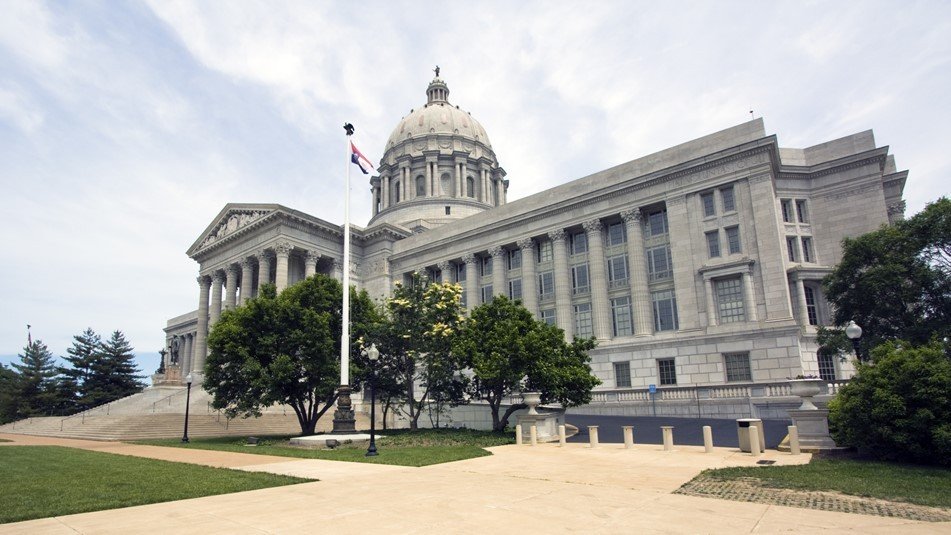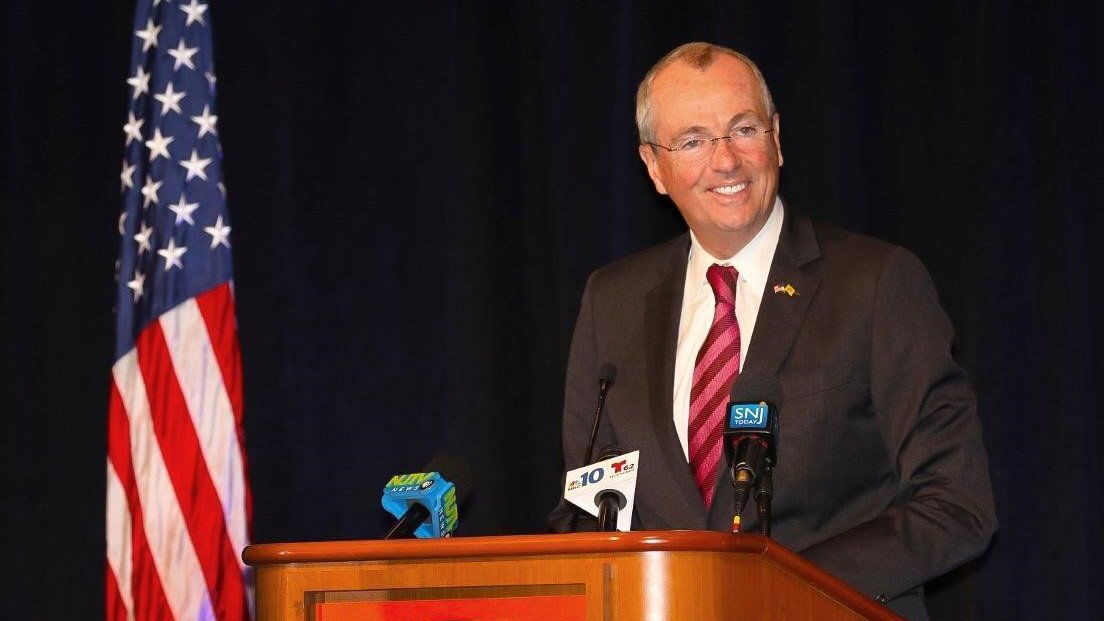Draft law to legalize Thailand casinos sent to parliament following Cabinet's approval

Thailand’s government has taken a step toward legalizing casinos with the cabinet's approval of a draft law aimed at boosting tourism, creating jobs, and increasing investment.
Prime Minister Paetongtarn Shinawatra announced the decision on Monday. The proposed legislation will now be sent to parliament for deliberation. If passed, gambling activities would be permitted within large-scale entertainment complexes, which could include hotels, malls, and theme parks. These “entertainment complexes” would be designed to appeal to both local and international visitors.
Currently, casinos and most forms of gambling are prohibited in Thailand, although activities such as betting on horse racing and the state lottery are allowed.
Despite the ban, underground gambling and unregulated gaming activities are prevalent, with large amounts of money changing hands outside legal frameworks. Advocates for legalization argue that Thailand is missing out on significant economic opportunities by maintaining the ban.
Prime Minister Shinawatra underscored the potential benefits of the move: “Legalization will protect the public and would also generate more state revenue.” Her comments are in line with the government’s policy to support sustainable tourism through the development of man-made destinations.
Neighboring countries like Cambodia, Singapore, and the Philippines have capitalized on legal casinos, attracting tourists and boosting their economies. Thailand hopes to follow suit, leveraging its established tourism sector to draw more visitors.
The government projects that casino legalization could lead to a 5% to 10% increase in foreign arrivals, with tourism revenue potentially rising by 120 billion to 220 billion baht ($3.45 billion to $6.32 billion). Additionally, the initiative could create 9,000 to 15,000 jobs, according to Deputy Finance Minister Julapun Amornvivat.
However, the proposal is not without controversy. Previous efforts to legalize gambling in Thailand have faced resistance from conservative factions in the predominantly Buddhist country. Critics argue that casinos could exacerbate social problems, including gambling addiction and financial instability among citizens.
To address concerns, the draft law includes provisions to regulate access to casinos. Thai citizens would be required to pay a 5,000 baht ($148) entrance fee, while foreign visitors would be allowed free entry. The minimum age for entry would be set at 20 years. The law also states the importance of integrating casinos into broader entertainment complexes to ensure they contribute to diverse tourism offerings.
Jirayu Hoangsub, a government spokesperson, highlighted the need for change: “Isn’t it time for Thailand to acknowledge that there are gambling places, both legal and illegal, in the country and also the neighboring countries? This project aims to generate revenue for the country’s tourism sector.”
The draft bill will undergo further review by the Office of the Council of State before being presented to the House of Representatives and Senate for debate and voting.
















































